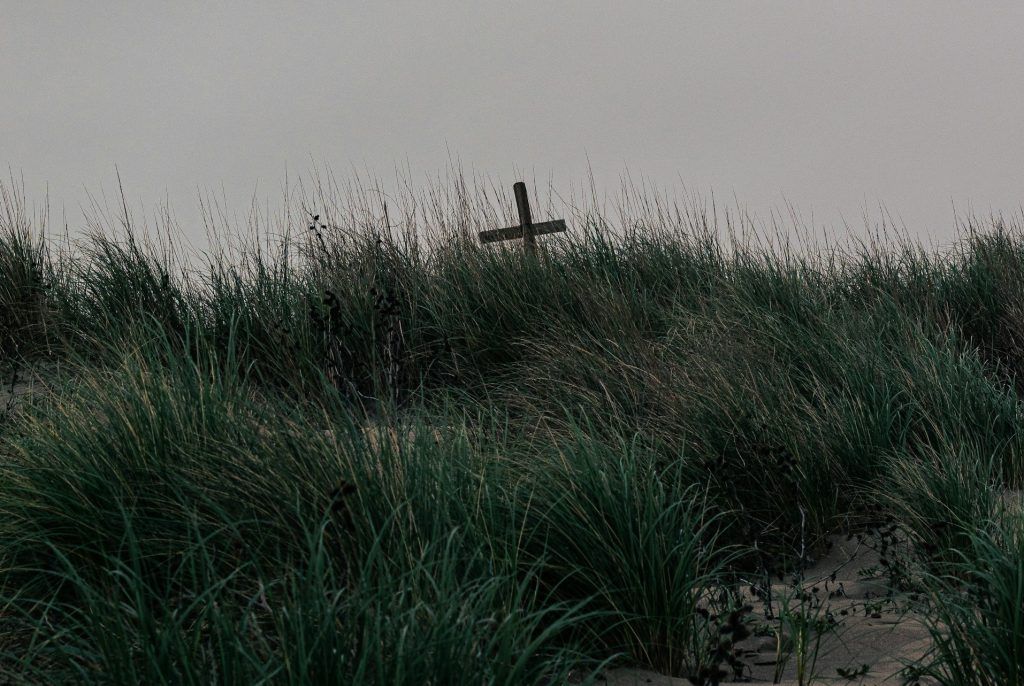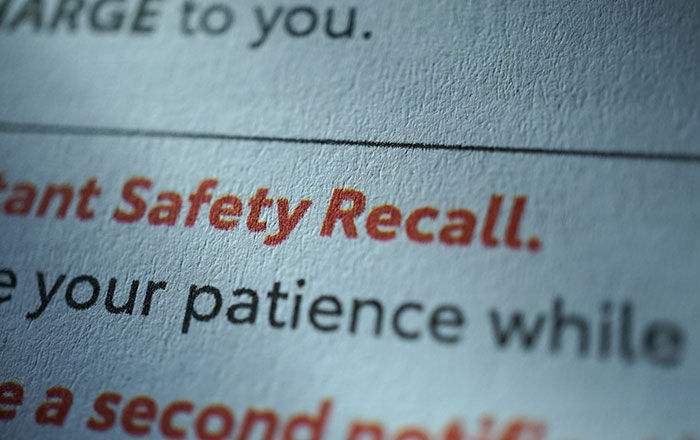The loss of a loved one is an immeasurable tragedy, and when that death is the result of someone else’s negligence, the emotional burden is often compounded by legal complexities. Understanding the burden of proof in wrongful death cases is essential for victims’ families seeking justice and compensation. In South Carolina, certain legal standards govern how these burdens are defined and met, shaping the path to potential recovery.
At the core of wrongful death claims lies the legal concept of burden of proof, which outlines the necessity of providing sufficient evidence to establish liability. Unlike criminal cases, where the standard is “beyond a reasonable doubt,” civil wrongful death claims in South Carolina typically require a preponderance of the evidence. This article will explore the nuances of these requirements and what they entail for plaintiffs pursuing justice.

Key Concepts of Burden of Proof
In legal proceedings, the burden of proof is a critical concept that determines which party is responsible for proving the elements of a claim. In the context of wrongful death claims in South Carolina, the burden of proof lies with the plaintiff, who must demonstrate that the defendant’s actions or negligence led to the deceased’s death. This legal standard is crucial because it impacts the outcome of wrongful death lawsuits and influences the potential for financial compensation.
Importance in Legal Cases
The burden of proof plays a fundamental role in legal cases, influencing the strategy and course of litigation. For wrongful death claims, fulfilling this burden involves presenting concrete evidence, such as medical records, eyewitness testimony, and expert testimony, to substantiate claims of negligence or misconduct. The burden of proof ultimately affects the determination of liable parties and the awarding of financial compensation for costs like medical expenses, funeral expenses, and loss of companionship. Understanding this concept is essential for any party involved in a wrongful death lawsuit as it directs the level of proof needed to succeed in their legal action.
Key Elements to Prove in Wrongful Death Cases
In South Carolina, proving a wrongful death claim requires establishing certain key elements. These elements include demonstrating that the defendant owed a duty of care to the deceased, that there was a breach of this duty, and that this breach directly caused the fatality. Successfully proving these elements is essential for securing financial compensation for medical expenses, funeral expenses, and other financial losses.
Duty of Care
Duty of care refers to the legal obligation to act reasonably and prevent harm to others. In wrongful death cases, it must be shown that the defendant had a duty to exercise reasonable care towards the deceased. This duty might arise from a personal relationship, professional responsibility, or even operating a motor vehicle. For instance, in workplace accidents, employers have a duty to maintain a safe working environment for their employees.
Breach of Duty
Once a duty of care has been established, the next step is to prove that this duty was breached. A breach occurs when the defendant fails to meet their obligations, acting negligently or recklessly. This misconduct must be demonstrated through evidence such as eyewitness testimony, expert testimony, or medical records. The breach is a crucial component in holding the responsible parties accountable in a wrongful death lawsuit.
Causation
Causation links the breach of duty directly to the wrongful death. It must be proven that the breach was not just a contributing factor but the primary cause of death. This involves showing that, “but for” the defendant’s actions, the death would not have occurred. In South Carolina wrongful death actions, establishing causation is vital to secure damages, including punitive damages, for the survivors.
Types of Evidence Required
In a wrongful death lawsuit in South Carolina, the burden of proof lies on the plaintiff to establish the defendant’s liability. The evidence required can vary depending on the specifics of the case but generally includes various forms of documentation and testimony to support the claim. Plaintiffs must prove that the defendant’s actions were the proximate cause of the victim’s death and show financial impact as a result. Common forms of evidence include eyewitness testimony, medical records and reports, and expert opinions.
Eyewitness Testimony
Eyewitness testimony can be crucial in a wrongful death action as it provides firsthand accounts of the incident. Witnesses can describe what they saw before, during, and after the alleged negligent act, which can be pivotal in establishing the sequence of events. This type of evidence helps demonstrate whether the defendant breached a duty of care, contributing directly to the accident and subsequent fatality.
Medical Records and Reports
Medical records and reports serve as essential evidence in wrongful death claims. These documents detail the victim’s medical history, injuries sustained, and causal link between the injuries and the defendant’s actions. They can also show pre-existing conditions that might have been affected by the wrongful act. Access to comprehensive medical reports helps in evaluating the damages claimed, such as medical expenses, and supports the plaintiff’s case in showing causation.
Expert Opinions
Expert opinions can significantly bolster a wrongful death lawsuit by providing professional analysis related to the cause of death and the extent of damages. Experts in fields such as medicine, accident reconstruction, or economics can offer insights into how the incident occurred and its impact on the deceased’s family. Their testimony can clarify complex aspects of the case and help establish liability by detailing how the defendant’s negligence directly led to the wrongful death.
Challenges in Meeting the Burden of Proof
In South Carolina, wrongful death claims require the plaintiff to meet the burden of proof. This involves demonstrating that the defendant’s negligence caused the victim’s death. Plaintiffs must collect sufficient evidence, such as medical records and expert testimony, to establish a clear link between the defendant’s actions and the wrongful death. This process can be intricate, as it requires proving that the defendant failed to fulfill their duty of care without any reasonable doubt.
Proving Liability in Complex Cases
Proving liability in complex wrongful death cases often involves addressing multiple responsible parties. These cases may include instances such as defective products or workplace accidents, where several entities could be held accountable. Plaintiffs commonly rely on expert and eyewitness testimony, accident scene investigations, and detailed analysis of insurance company documentation to build their case. The complexity arises when multiple parties are involved, each potentially disputing their share of responsibility in the wrongful death lawsuit.
Emotional Toll on Plaintiffs
The emotional toll on plaintiffs pursuing a wrongful death action is significant. The legal process itself can be overwhelming, as it forces families to revisit painful memories. Additionally, while seeking financial compensation for medical, funeral, and burial expenses, plaintiffs must navigate legal procedures and face cross-examination, which can be distressing. The loss of companionship and the pursuit of justice for the deceased adds to the emotional burden, making the experience emotionally draining for many.
The Role of Wrongful Death Attorneys
Wrongful death attorneys play a crucial role in advocating for families who have lost a loved one due to another party’s negligence. These specialized lawyers guide grieving families through the complex legal landscape, aiming to secure fair financial compensation. They strive to establish the responsibilities of the liable parties and ensure that justice is served through wrongful death claims.
Gathering Evidence
A key responsibility of wrongful death attorneys is to gather sufficient evidence to support a wrongful death lawsuit. This evidence may include medical records, eyewitness testimony, and expert testimony to establish the duty of care violated by the responsible parties. Attorneys meticulously investigate the accident scene, review relevant documents, and collect all necessary information to build a compelling case.
Navigating Legal Processes
Navigating legal processes requires the wrongful death attorney to follow the established legal path in South Carolina. This involves filing the wrongful death action in the appropriate court, meeting all deadlines, and adhering to wrongful death statutes. The attorney works diligently to manage communications with the insurance company and other parties involved, ensuring the legal process is handled efficiently and effectively.
Statutes of Limitations
In legal terms, statutes of limitations refer to the time limits within which a wrongful death lawsuit must be filed. These time restrictions are critical, as they influence whether a case can proceed in court. Adhering to these deadlines ensures that evidence is still fresh and accessible, and it also affords fair treatment for all parties involved.
Importance of Timeliness
Timeliness is paramount when pursuing a wrongful death action. If a claim is not filed within the designated time frame, the opportunity for legal action may be forfeited. This can potentially bar the recovery of financial compensation for damages such as medical expenses, funeral expenses, and loss of companionship.
Relevant Deadlines in South Carolina
In South Carolina, the statute of limitations for filing a wrongful death claim is generally three years from the date of the deceased person’s death. This deadline applies to most wrongful death claims, including those resulting from workplace accidents, defective products, or medical malpractice. However, circumstances such as claims against government entities may have shorter deadlines, making it crucial to consult a wrongful death attorney promptly to ensure compliance with specific legal requirements.
Contact McWhirter, Bellinger & Associates
Attempting to navigate the legal landscape of a wrongful death claim on your own can be confusing, time-consuming, and extremely stressful – especially when you’re simultaneously grieving the loss of a loved one. That’s why those who have lost a family member due to someone else’s negligence are highly advised to hire experienced legal counsel who can walk them through the entire process and advocate for them every step of the way.
The highly qualified attorneys at McWhirter, Bellinger & Associates have been representing clients in wrongful death claims for more than 40 years, using their education, experience, and industry knowledge to build the strongest case possible for every single client. Our lawyers fight extremely hard, doing everything they can to maximize the compensation owed to each plaintiff they represent. Although most of our cases are settled outside of court, our attorneys are always ready to go in front of a judge and jury if necessary.
Through the years, McWhirter, Bellinger & Associates has built an outstanding track record across the state of South Carolina, as showcased by testimonials from past clients. We have seven offices across the Midlands, in Columbia, Lexington, Orangeburg, Sumter, Aiken, Camden, and Newberry.
We offer free case evaluations to those who have lost a loved one too soon due to the negligent actions of others. If you have been forced to say goodbye too soon, give us a call today at 803-653-6189. It won’t cost you anything to see if we can help.®
Photo by Riccardo Farinazzo on Unsplash















